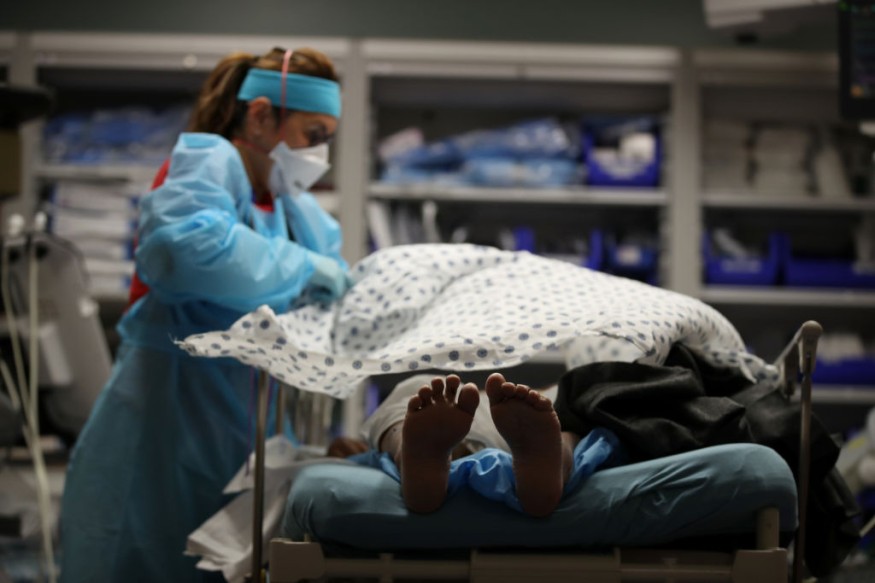Compared to all other diseases, COVID-19 is among the exceedingly challenging to diagnose yet. It may be even tougher to identify the same on time, given the broad variety of symptoms it accommodates, with some individuals having moderate to no signs at all.

With the latest variants of the coronavirus hovering above our heads, remaining alert and on watch becomes all the more critical to contain the spread of the virus.
Although some patients may handle the more frequent COVID-19 symptoms at home, there are a few emergency new COVID-19 strain symptoms that need urgent medical care.
What Are New COVID-19 Strain's Emergency Warning Signs?
The Mayo Clinic said per Express.co.uk that indications and emergency signs could include:
- Breathing problems
- Inability to stay awake
- New confusion
- Persistent discomfort or chest pain
The health body advises you to urgently pursue treatment if you have emergency COVID-19 signs and symptoms.
It adds that if you have any underlying medical problems, such as cardiac failure or lung disease, let the doctor know.
It is necessary to ensure that health coverage for everyone in greater need is accessible throughout the pandemic.
Another symptom of the new COVID-19 strain symptom that might require a different response to self-isolating is "long COVID."
Coronavirus may cause effects for certain persons that last weeks or months after the infection is gone.
According to the NHS, if you're concerned about symptoms four weeks or more after you have coronavirus, consult your doctor about the care and support you might need.
You may be given advice about how to manage and monitor your symptoms at home.
If you have moderate coronavirus signs, get a test to confirm if you have COVID-19 as soon as you can.
You and everyone with whom you reside can remain at home and not have guests until you get the outcome of your exam, just leaving your home for a test.
If you have been in constant touch with them before the symptoms began or within the 48 hours before they started, everyone in your care bubble should remain at home as well.
A support bubble is where anyone from another household will encounter people who live alone (or only with their kids).
What To Do if You Have the New COVID-19 Strain Symptom?
You have to get checked and get medical attention, considering the symptoms begin on a mild note and begin to escalate with time.
Isolate yourself before and until you issue the reports. Get referred to a COVID-specialized hospital if you notice all of the alert signs of COVID-19.
While coronavirus symptoms can linger for weeks or months after recovery, you must keep in contact with your doctor to let them know about the ongoing symptoms you are having.
Taking anti-inflammatory painkillers, such as ibuprofen, could make your COVID-19 worse.
The Commission on Human Drugs has now stated that there is no convincing proof that ibuprofen's usage causes coronavirus to relieve symptoms such as elevated temperatures.
Check out more news and information on COVID-19 on Science Times.
© 2026 ScienceTimes.com All rights reserved. Do not reproduce without permission. The window to the world of Science Times.












